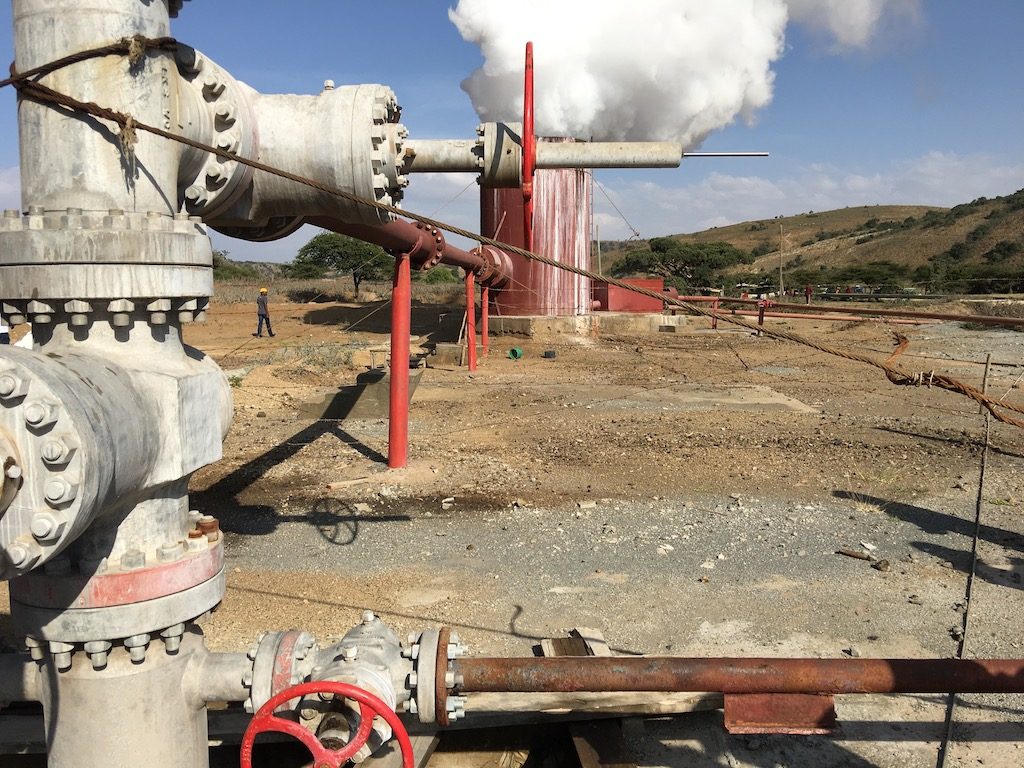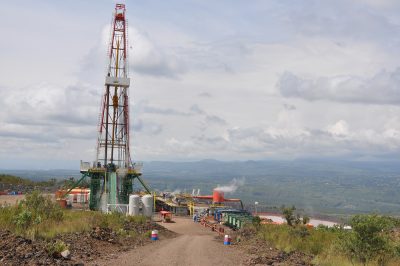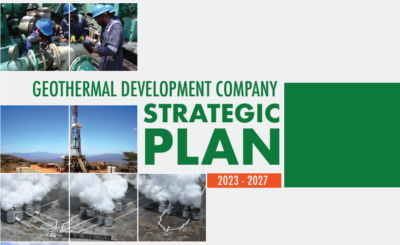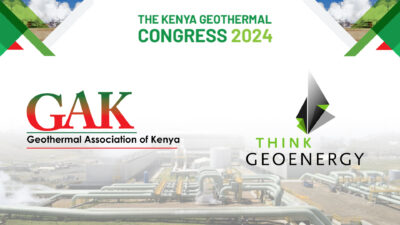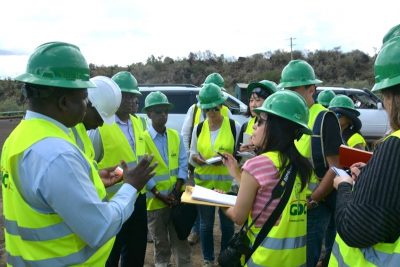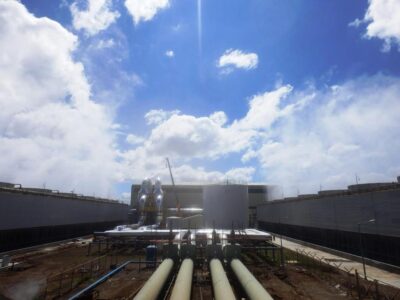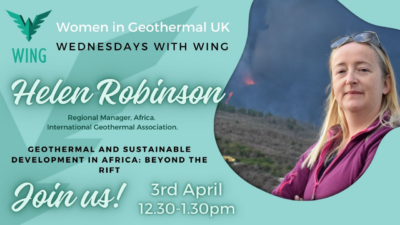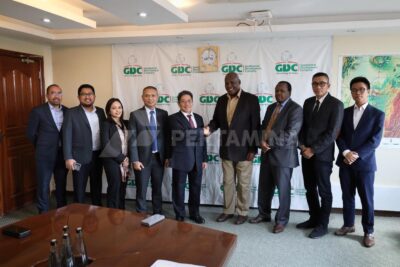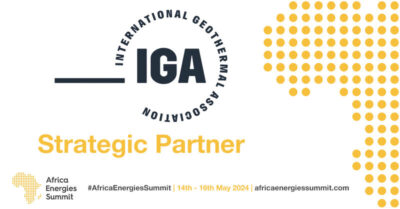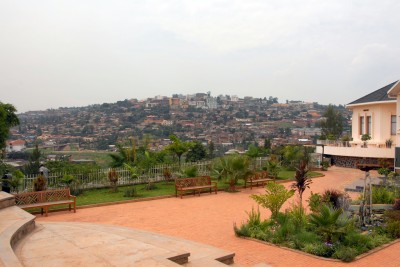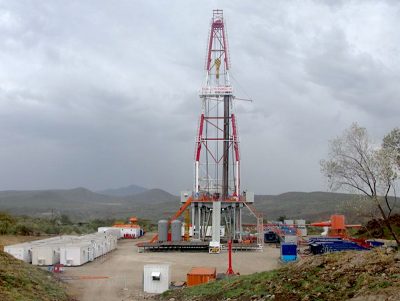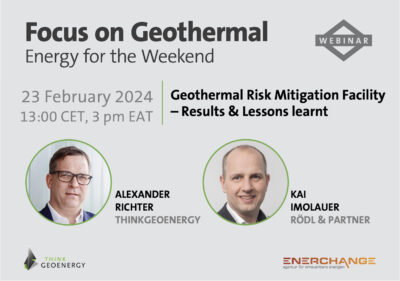Successful conclusion of Nordic geothermal exploration programme for East Africa
Iceland's Ministry of Foreign Affairs and the Nordic Development Fund (NDF) have successfully concluded its Geothermal Exploration Programme for East Africa, as highlighted by a report of an independent review shared this week.
In a report shared this week by Iceland’s Ministry of Foreign Affairs (MFA), consultants share the results of their independent review of a joint geothermal project by Iceland and the Nordic Development Fund (NDF).
The report can be found here (pdf).
The MFA-ICEIDA Geothermal Exploration Programme (GEP)’s main objective was to assist countries in the East Africa Rift System (EARS) to increase their knowledge of geothermal potential by conducting reconnaissance and surface exploration studies and to build capacity and expertise in the field of geothermal development and utilization. The project had a total budget of EUR10 million (approximately US$ 13 million). Implementation started in 2013.
“The project obviously led to the advancement of the receiving states in the field of geothermal development and their ability to decide on the next steps,” says, among other things, the results of an independent final project on regional projects that Iceland led in geothermal issues in East Africa. The main conclusions of the audit are that the project fits well with the needs of the assisted countries, in line with Iceland’s policies and priorities in development co-operation, and has aligned with the Nordic Development Fund’s (NDF) priorities in climate. NDF was Iceland’s main partner in the project, but the World Bank had also been involved in the project.
The project covered thirteen states in the East African Sickle Valley from 2013 to 2018, and in particular was to support the states in primary heat research to determine if usable geothermal energy was available. The project covered Djibouti, Eritrea, Ethiopia, Kenya, Malawi, Rwanda and Tanzania. Another project was also supported, preparations for the establishment of an Africa Geothermal Excellence Center in Kenya, and technical assistance was provided to the African Union. Two segments are still unfinished. On the one hand, the installation of a geothermal dryer for food in Kenya that will be followed up by an expert by Icelandic Matís and on the other hand the surface studies in Eritrea that will be followed up by the United Nations Environment Agency (UNEP) in Nairobi.
The audit was conducted by an independent party, GOPA, based in Germany. It was prepared during the period October 2018 to April 2019. GOPA says that the project was cost-effective and that the resources were well utilized, for example by using international tenders for specific projects. The final assessment clearly states from GOPA that further support for geothermal issues is needed in this area and presents numerous suggestions on how this support could be.
The Ministry also announces that details on how continued support for geothermal development in East Africa can be provided. The proposals from the assessment of the geothermal projects of Iceland and NDF will be useful in this work.
Source: Iceland Ministry of Foreign Affairs via Visir.is
